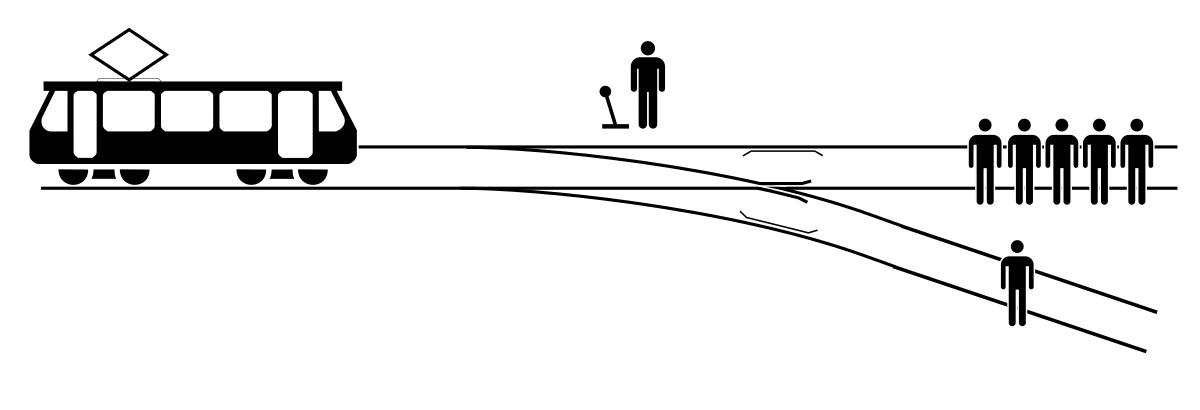Politicians like to think of themselves as representatives of the common good. They invoke some cause or other that requires everyone to make a sacrifice. We have to pay taxes, follow rules of various kinds, and generally do as we're told. It's good for society, they say. Or they point to the children or old people, or some other group.
This was on full display during the virus scare. We were told to lock down, wear masks and take experimental drugs, all for the common good. If anyone asked specifically what it was all about, we were told that it was for grandma's sake. To disobey was tantamount to murder.
The folly of this is becoming increasingly obvious in retrospect. However, most people think the error lies in the misidentification of the common good. They don't realize that the very idea of a common good is where the error lay. This is evident in the way things continue to be discussed.
An example of a topic that's rarely talked about in any other context than the common good, we have money in the context of monetary policies. I have yet to see anyone discuss this without invoking some common good like society or nation.
People will argue for or against the gold standard without ever mentioning their own personal preference. They cite the need of policy makers to be flexible, or the need for credit to stimulate economic activity. Rarely, if ever, does anyone argue the point from a personal perspective. Yet, this is precisely the way we need to look at things if we aren't going to be duped by some central banker or other.
The question we have to answer for ourselves is whether we would prefer to be paid in gold or in paper money. Do we prefer to use gold or paper money when budgeting and accounting? Is gold better than paper money when it comes to judging long term price fluctuations?
If we answer these questions honestly, the only reason we'll come up with in favour of paper money is that everyone else is using it, so we have to use it ourselves. But that's not an argument for anything. It's merely a statement of facts.
The only correct way to think about society is to ask ourselves what's in it for us. If there's no benefit to us, why go along with some scheme or other?
This attitude will cause many to react in horror. However, this is only due to ignorance as to what it means to act in our own self interest. Fair trade is in our interest because it benefits both parties in the transaction, so self interest doesn't exclude us from productive cooperation in society. Sinful activities result in trouble for ourselves, so such activities are not pursued when we have our best interest at heart.
The only acts we exclude ourselves from when we refuse to think in terms of the common good are those that impact negatively on ourselves for some perceived benefit to someone else. To refrain from such harmful actions towards ourselves isn't immoral. It's the only rational way to act.
Some will at this point bring up the "trolley car dilemma". This is a favourite among politicians who like to think of themselves as constantly at the levers of this kind of machine. However, the problem has a solution that has nothing to do with the common good.
When having to choose between saving one or saving many people, we'll instinctively choose to save as many as possible. This isn't due to some abstract ethical ideal. It's because we like to have as many friends as possible. By saving a bunch of people, rather than saving just one, we end up with more friends.
This response will elicit all sorts of outrage. However, we can respond to this quite easily. We can counter the question by asking what they themselves would do if it was their spouse who was the single person in danger. We can further inform them that we intend to share their answer with their spouse.
 |
| Trolley car dilemma |
By Original: McGeddon Vector: Zapyon - This SVG diagram includes elements that have been taken or adapted from this icon:, CC BY-SA 4.0, Link
No comments:
Post a Comment